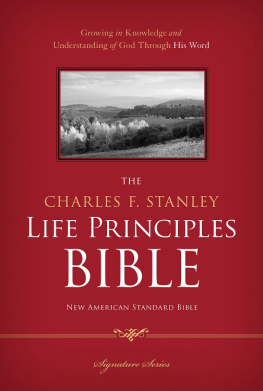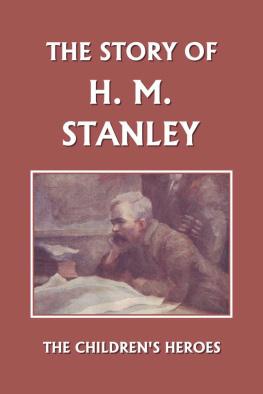Stanley Spencer - Stanley Spencers Great War Diary, 1915–1918
Here you can read online Stanley Spencer - Stanley Spencers Great War Diary, 1915–1918 full text of the book (entire story) in english for free. Download pdf and epub, get meaning, cover and reviews about this ebook. year: 2008, publisher: Pen & Sword Books Limited, genre: Non-fiction. Description of the work, (preface) as well as reviews are available. Best literature library LitArk.com created for fans of good reading and offers a wide selection of genres:
Romance novel
Science fiction
Adventure
Detective
Science
History
Home and family
Prose
Art
Politics
Computer
Non-fiction
Religion
Business
Children
Humor
Choose a favorite category and find really read worthwhile books. Enjoy immersion in the world of imagination, feel the emotions of the characters or learn something new for yourself, make an fascinating discovery.

- Book:Stanley Spencers Great War Diary, 1915–1918
- Author:
- Publisher:Pen & Sword Books Limited
- Genre:
- Year:2008
- Rating:5 / 5
- Favourites:Add to favourites
- Your mark:
- 100
- 1
- 2
- 3
- 4
- 5
Stanley Spencers Great War Diary, 1915–1918: summary, description and annotation
We offer to read an annotation, description, summary or preface (depends on what the author of the book "Stanley Spencers Great War Diary, 1915–1918" wrote himself). If you haven't found the necessary information about the book — write in the comments, we will try to find it.
Stanley Spencers Great War Diary, 1915–1918 — read online for free the complete book (whole text) full work
Below is the text of the book, divided by pages. System saving the place of the last page read, allows you to conveniently read the book "Stanley Spencers Great War Diary, 1915–1918" online for free, without having to search again every time where you left off. Put a bookmark, and you can go to the page where you finished reading at any time.
Font size:
Interval:
Bookmark:
Pen & Sword Military
an imprint of
Pen & Sword Books Ltd
47 Church Street
Barnsley
South Yorkshire
S70 2AS
PDF ISBN: 978 1 47389 779 3
EPUB ISBN: 978 1 47389 778 6
PRC ISBN: 978 1 47389 777 9
available from the British Library.
Phoenix Typesetting, Auldgirth, Dumfriesshire
Biddles, Kings Lynn
PEN & SWORD BOOKS LIMITED
47 Church Street, Barnsley, South Yorkshire, S70 2AS, England
E-mail:
Website: www.pen-and-sword.co.uk
AA | anti-aircraft |
BEF | British Expeditionary Force |
CCS | Casualty Clearing Station |
CO | Commanding Officer |
Coy | Company |
CSM | Company Sergeant Major |
DSO | Distinguished Service Order |
GOC | General Officer Commanding |
GS | General Service |
GSO | General Staff Officer |
HE | high explosive |
HLI | Highland Light Infantry |
HQ | headquarters |
HVic | high velocity |
IO | Intelligence Officer |
MC | Military Cross |
MG | machine-gun |
MM | Military Medal |
OC | Officer Commanding |
OP | observation post |
PMC | President of the Mess Committee |
PT | physical training |
RAMC | Royal Army Medical Corps |
RE | Royal Engineers |
RF | Royal Fusiliers |
RFC | Royal Flying Corps |
RTO | Railway Transport Officer |
SAA | small arms ammunition |
YZ | the day before an attack |
Z | the day of an attack (zero) |

Font size:
Interval:
Bookmark:
Similar books «Stanley Spencers Great War Diary, 1915–1918»
Look at similar books to Stanley Spencers Great War Diary, 1915–1918. We have selected literature similar in name and meaning in the hope of providing readers with more options to find new, interesting, not yet read works.
Discussion, reviews of the book Stanley Spencers Great War Diary, 1915–1918 and just readers' own opinions. Leave your comments, write what you think about the work, its meaning or the main characters. Specify what exactly you liked and what you didn't like, and why you think so.









